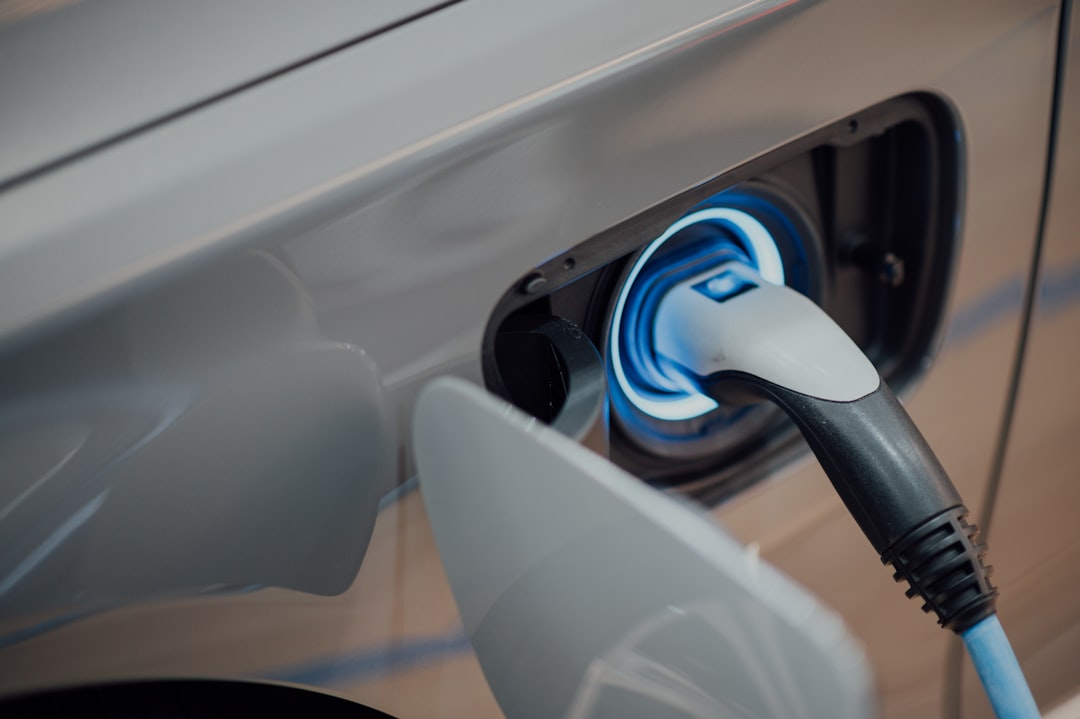Tesla stock (NASDAQ:TSLA) is an American automotive company headquartered in Austin, Texas. The company was known for its innovative electric vehicle (EV) technology and green energy usage. The company’s stock is down almost 30% YTD leading some investors wondering what to do now.
Although the company has some promising growth in the future, including the introduction of Robotaxi and its expansion into the clean energy industry, adopting these innovations could take years or decades.
The company’s current EV demand growth is slowing down, and it faces fierce competition with new emerging companies. I believe Tesla stock warrants a hold for now, at least.
Catalyst
One central catalyst for Tesla is its introduction of the new self-driving Robotaxi on August 8th, according to Elon Musk’s post on X. Robotaxi is a self-driving vehicle that runs on Tesla’s full self-driving technology. Robotaxi is a fully autonomous electric taxi where customers can request a ride through a smartphone app. The competitive edge of Tesla’s Robotaxi compared to other competitors, like Uber (NYSE:UBER) or Lyft (NASDAQ:LFT), is its emphasis on sustainability and cost-effectiveness. The company highlights that Robotaxi’s operation will be significantly cheaper than other traditional ride services due to its use of electric power and autonomous drivers.
The company has already mentioned its plan to operate Robotaxi in 2019. Tesla was initially expected to have 1 million taxis on the road by 2020; however, this plan was delayed. The reason was likely due to the undeveloped autonomous driving technologies. Musk mentioned that Robotaxi allows Tesla owners to register their vehicles as shared fleets on the app, generating income even when they aren’t using the vehicles, allowing customers to lower the net cost of their vehicles.
Another catalyst for Tesla’s growth prospects is the expansion into the energy storage industry. Many countries invest in developing renewable and clean energy like solar and wind. However, the unpredicted patterns of those resources make it always harder to have an adequate supply of energy. Tesla’s Megapack is a solution to this problem.
Megapack is a large-scale rechargeable battery system for utility-scale and commercial energy. Energy storage systems allow energy storage when the production exceeds the demand and reduce the possibility of energy shortage. Tesla is currently deploying Megapack internationally. One example is the Megapack project in South Australia, which has a storage capacity of up to 300MWh. Tesla’s Megapack offers a solution for the renewable energy industry.
Expanding into the renewable energy industry could benefit the company by increasing its revenue stream and market presence, supporting long-term growth provided the renewable energy industry is worth over $2.4 trillion and expected to grow at an 8.9% CAGR until 2032.
Valuation
Overall, Tesla indicates a strong financial performance but slightly moderate growth compared to its historical records. Tesla’s historical revenue growth rate decreased from FY2021 to FY2023. I believe this is because of the company’s slowing demand growth for its EV products. I estimated the revenue growth to be 20% for FY2024, as the possible introduction of Robotaxi will be on August 8th of this year. The future revenue growth has an average of around 10-15%. The historical operating income margin is relatively low, with an average of 10%, but it constantly grows. I forecasted the margins for operating income for FY2024 to stay steady at 11%.
The company’s terminal growth rate is 4%, close to the economy’s average growth. The calculated WACC is 13.5%, based on a beta of 1.6 and a risk-free rate of 4.36%. The discounted cash flow model suggests the fair value for Tesla’s stock is $193.33, a 10.3% upside from its current price of 174.67.
Risk
Tesla faces huge challenges with EV demand and increased competition with Chinese companies. Although EV demand is still gaining attention globally, the growth rate is slowing down. In Q1 2024, Tesla reported a decrease of 8.5% in its vehicles delivered QoQ, worsening many analysts’ expectations. It will be challenging for Tesla to maintain its dominant position as more newly advanced technologies from other companies enter the industry, specifically from China.
Moreover, there are remaining concerns about the safety of Tesla’s full self-driving system, as it could cause some unsafe situations on the road. Some examples of unsafe conditions when using FSD are going straight through intersections while in a turn-only lane or entering stop signs without complete stops.
Tesla needs to face investigations related to its systems, which could impact its growth projections and future operations. Tesla must enhance research and improve their autonomous driving technologies before introducing Robotaxi.
Conclusion
Although Tesla’s stock is decreasing because of the slowing growth of the company’s vehicle demand, it still presents some excellent prospects, including the Robotaxi and the expansion into the energy industry. However, these advancements could take a long time to adapt to society. Moreover, there are potential risks, such as losing its market position in the competition of the EV industry and the safety of its vehicles’ operating. With the current company risks, I don’t believe a 10% upside justifies increasing or starting a position at these prices, leading to my Hold rating.
On the date of publication, Michael Que did not have (either directly or indirectly) any positions in the securities mentioned in this article. The opinions expressed in this article are those of the writer, subject to the InvestorPlace.com Publishing Guidelines.
The researchers contributing to this article did not hold (either directly or indirectly) any positions in the securities mentioned in this article.
